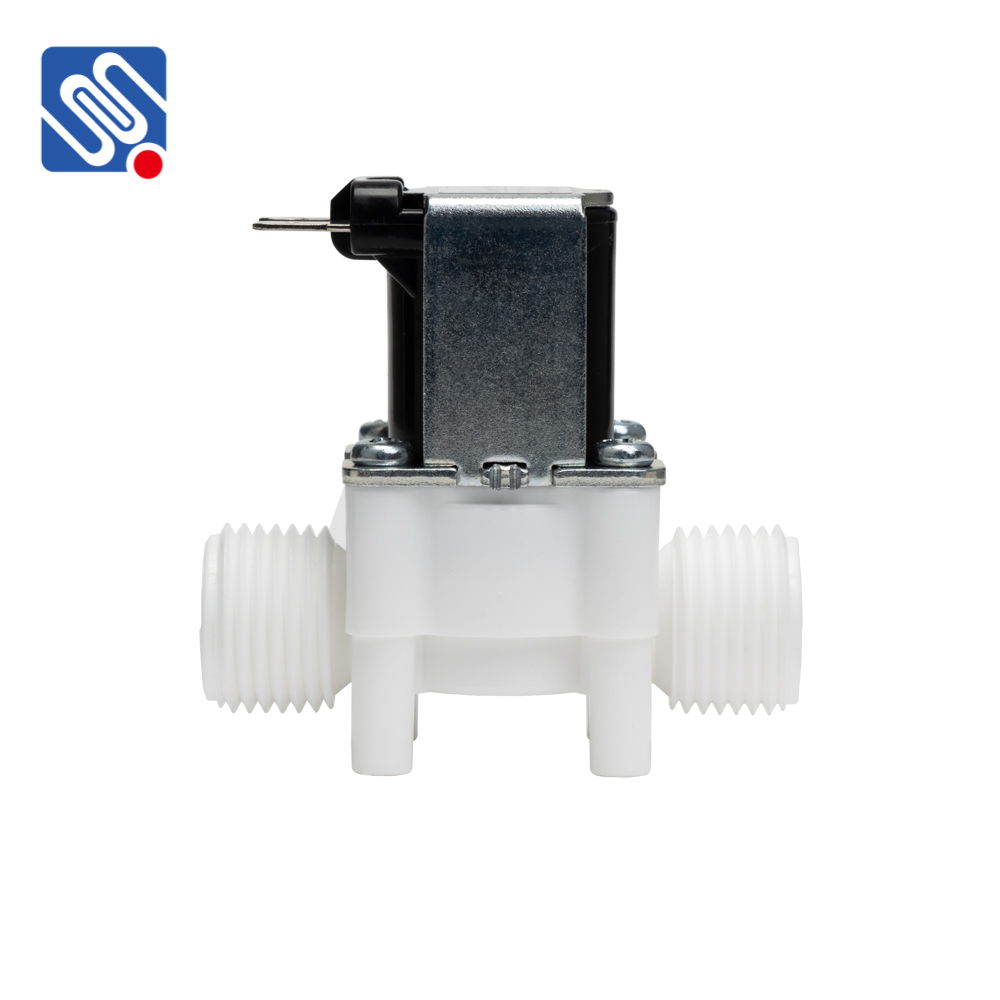The compact solenoid valve, a critical component in many fluid control systems, plays a vital role in automation, industrial processes, and equipment functioning. As industries demand more space-efficient and reliable control mechanisms, the compact solenoid valve stands out due to its small size, effective operation, and versatility. This article will explore the definition, working principle, benefits, applications, and considerations for selecting a compact solenoid valve.

What is a Compact Solenoid Valve? A compact solenoid valve is a type of electrically operated valve designed to control the flow of fluids, such as air, water, steam, or oil, in a closed-loop system. Unlike traditional larger valves, compact solenoid valves are specifically engineered to save space while maintaining performance and efficiency. These valves are usually used in applications that require quick response times, high precision, and minimal installation space. The main function of a solenoid valve is to open or close a passage to allow or restrict the flow of a fluid based on the signal from an electrical coil. When an electric current passes through the solenoid coil, it generates a magnetic field that moves a plunger or valve body, opening or closing the valve. Compact solenoid valves are particularly beneficial because their small design allows them to be integrated into space-constrained systems without sacrificing control quality.